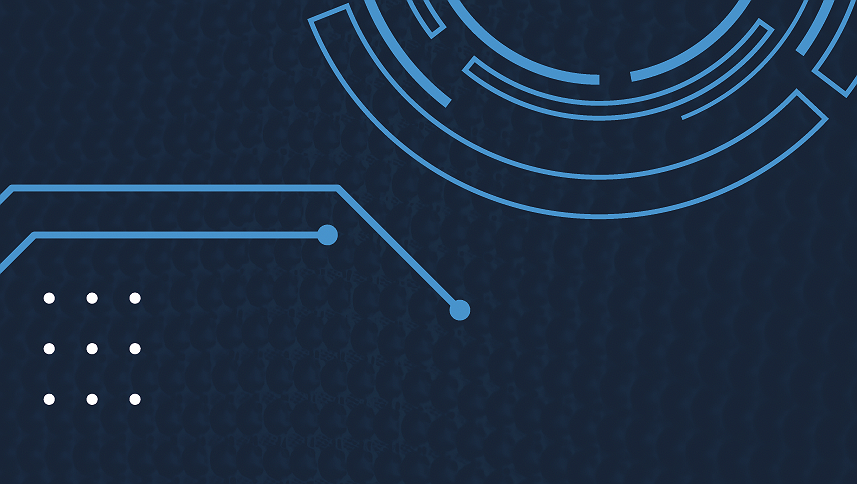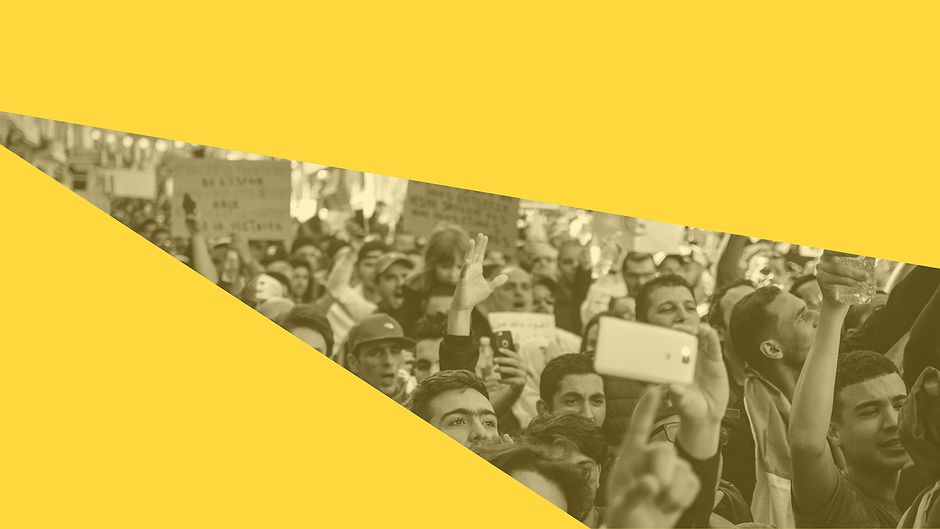Digital Security
20 mins
Phishing, Malware and Social Engineering

- Abstract:
- The course will help you understand how to identify and prevent some of the most common digital security risks faced by activists – the uses of phishing and social engineering to spread malware on your devices and access your data.
- About this course:
- Activists and journalists are increasingly being targeted online in efforts to find out what they are doing, how, and with whom. The methods used to do this are often simple to carry out and difficult to spot – it may be an email encouraging you to click on a link or open an attachment, or a fake friend request on Linkedin. However the risks can be considerably reduced with basic knowledge and precautions. This course will help you identify a phishing email or social engineering attempt. It will also help you understand how malware works and which tools can best protect you.
- What do I learn:
- By the end of the course, you will be able to identify common forms of digital security attacks such as phishing and social engineering. You will also know how to implement basic precautions and use tools to protect against the effects of malware.
- What do I need to know:
- The course is designed for people with only a basic knowledge of digital security and is critical for anyone working in a high-risk environment.
Trainers
- 1.1 Introduction to course
- 2.1 What is malware?2.2 How do we get malware?2.3 How can we protect ourselves from malware?
- 3.1 What is phishing? How do I recognise it?3.2 How can you protect yourself from phishing?
- 4.1 Phishing Case Study: Jillian York
- 5.1 What is social engineering?
- 6.1 Quiz - Phishing and malware quiz
- 7.1 Wrap-up video
Related courses

20 mins
Digital Security
Secure passwords and encryption of data
 Security First
Security First
20 mins
Digital Security
Secure passwords and encryption of data
 Security First
Security First
20 mins
Digital Security
Staying Safe Online And Using Social Media
 Security First
Security First
20 mins
Digital Security
Staying Safe Online And Using Social Media
 Security First
Security First
Suggested reading

Blog
Building Capacity for Monitoring & Documenting Human Rights Violations
The purpose of this assessment is to evaluate the efficacy of strategies used by HRPs/HRMOs for communicating during blackouts. The goal of this project envisages to see a ZimbabweanCivilSociety that is prepared to document and monitor human rights violations without hiccups during internet shutdowns.

Blog
Advocacy Assembly Internet Shutdown Academy: Creative Strategies to Fight Back
Internet shutdowns are occurring increasingly globally, posing significant threats to freedom of expression, access to information & economic growth. These shutdowns manifest in various forms through different technical measures & are implemented by governments in various circumstances. Responding to this threat of internet shutdowns, Advocacy Assembly designed the Internet Shutdown Academy, a set of 10 full online courses in 7 languages!

Blog
Evaluating the Efficacy of State-Imposed Telecom Shutdowns in Northwest Nigeria
This article casts doubt on the shutdowns' effectiveness in curbing banditry, exposing alternative explanations for any temporary decrease in attacks. It questions the legitimacy of justifying these shutdowns as effective counter-terrorism measures, advocating for alternative approaches that prioritize community engagement, human rights, and development initiatives to address the root causes of insecurity and foster lasting peace in Northwestern Nigeria and Nigeria at large.

Blog
Impact of the Twitter Ban in Nigeria
This post is a research study on the impact of the Twitter ban in Nigeria on Human Rights Monitoring, Advocacy and Creativity. Read more.

Blog
Four Free Toolkits to Fight Internet Shutdowns
Let’s tell you a little bit more about each toolkit!

Blog
The Impact of Internet Disruptions on Farmers in Nigeria
In Nigeria’s Northwestern Sokoto State, farm workers grapple with geopolitical challenges, shifting climate realities, and economic turbulence. However, they now face a new, growing threat: a troubling rise in internet disruptions, which threatens their ability to work in an increasingly digitally connected world. Read more.
